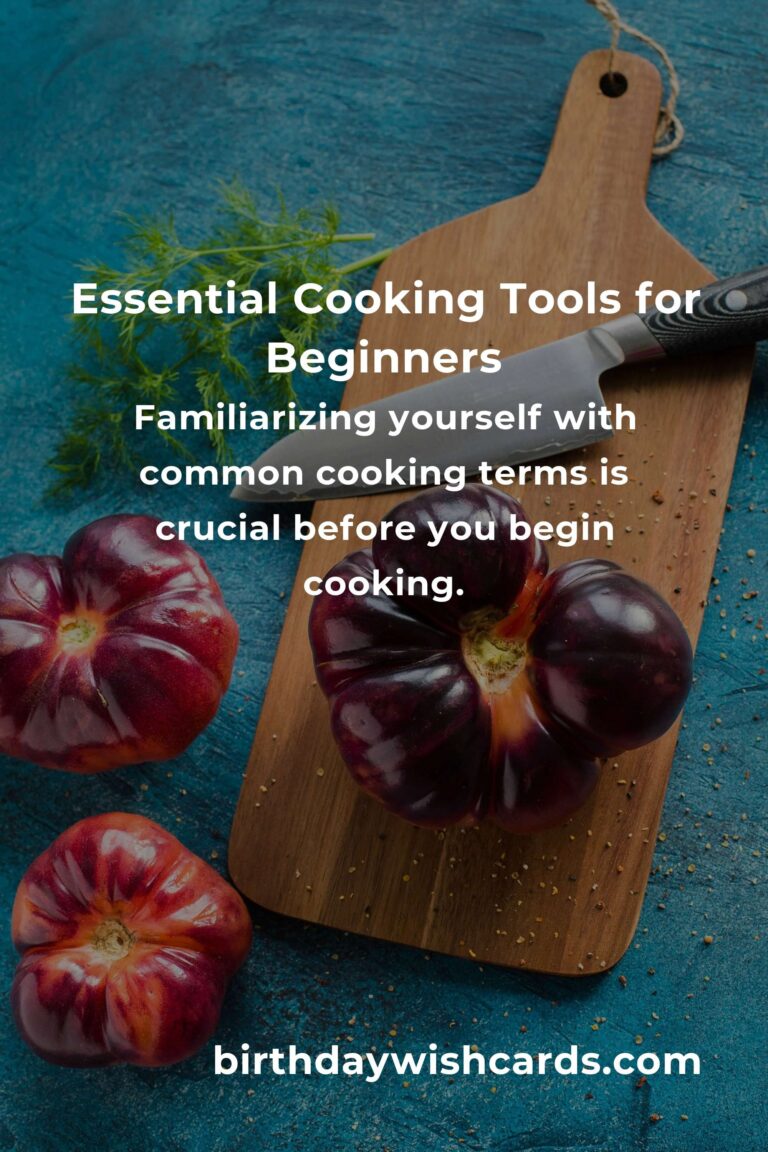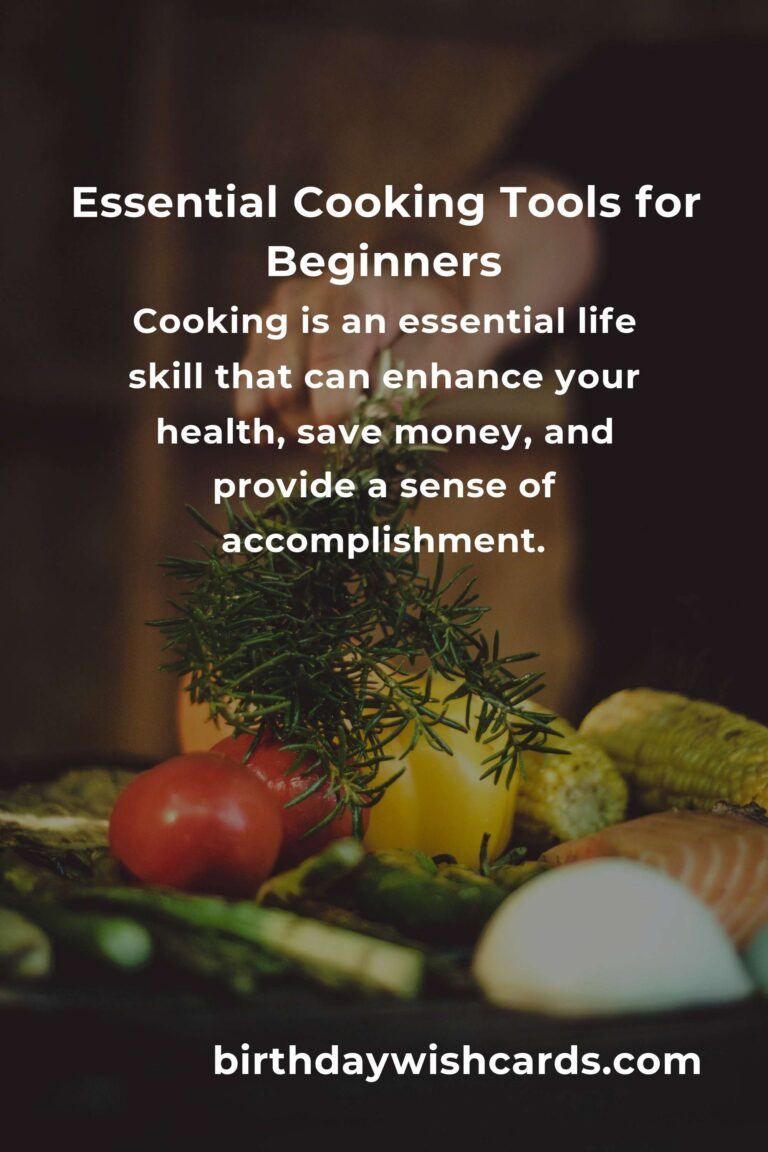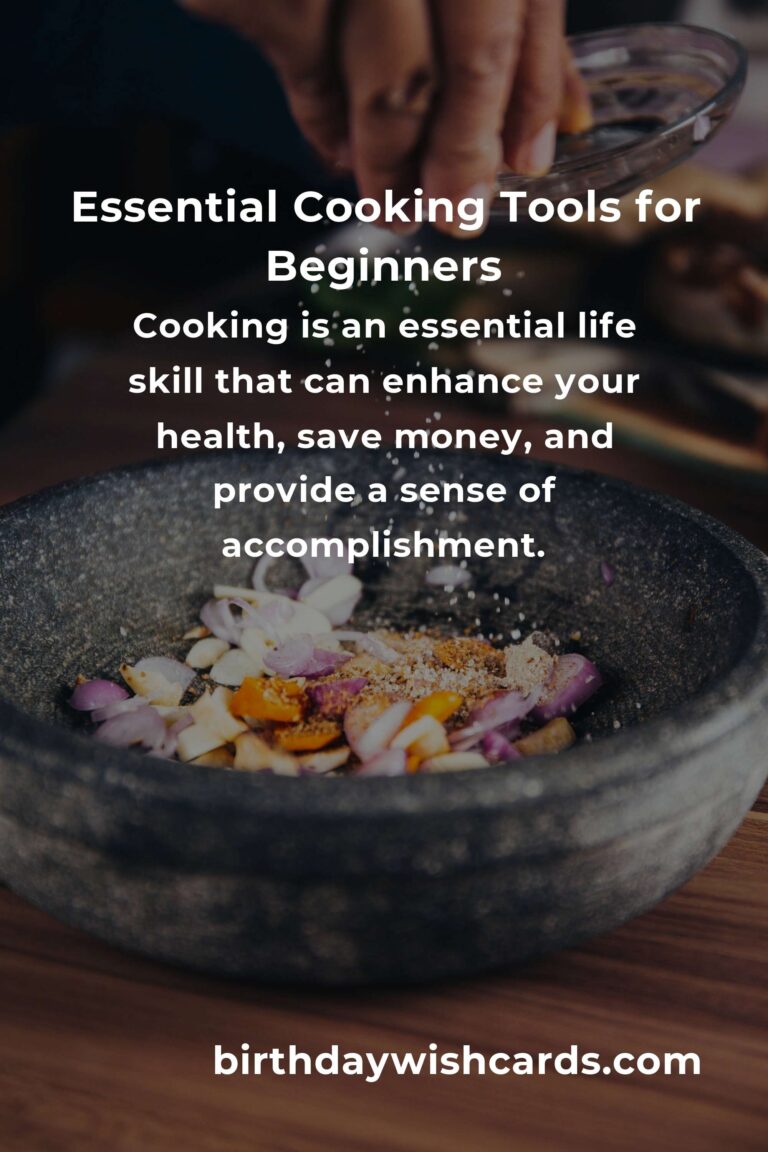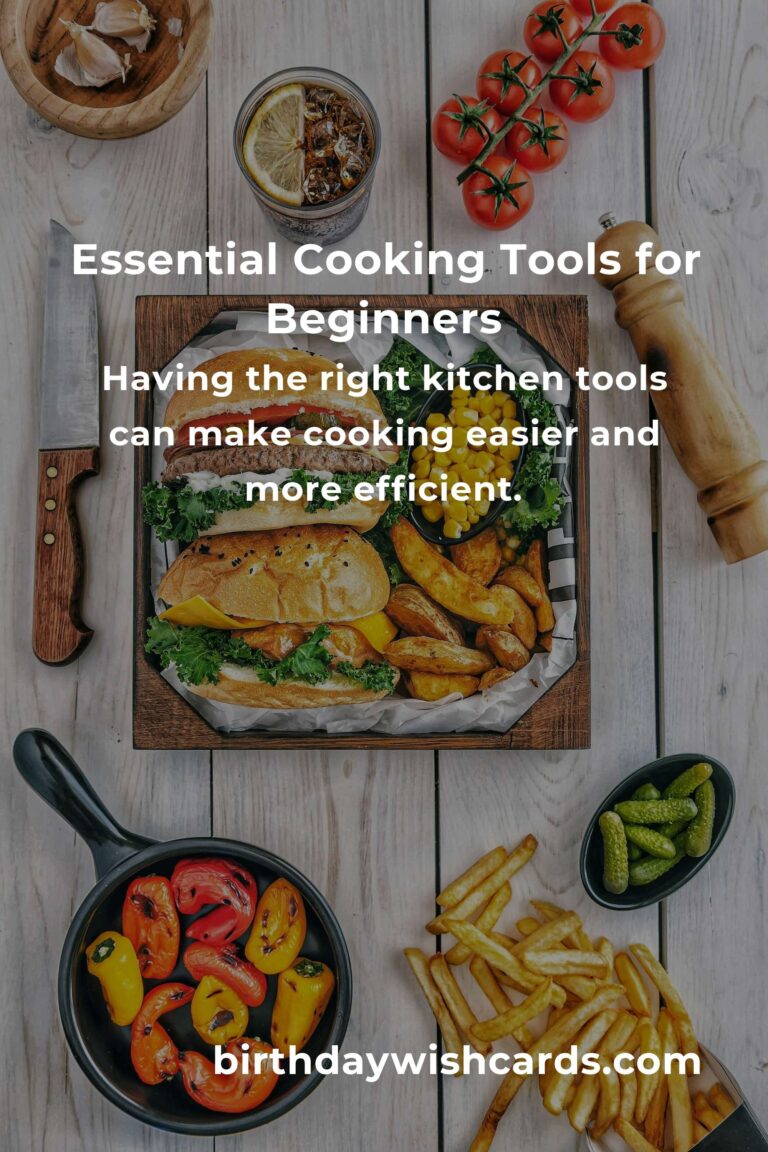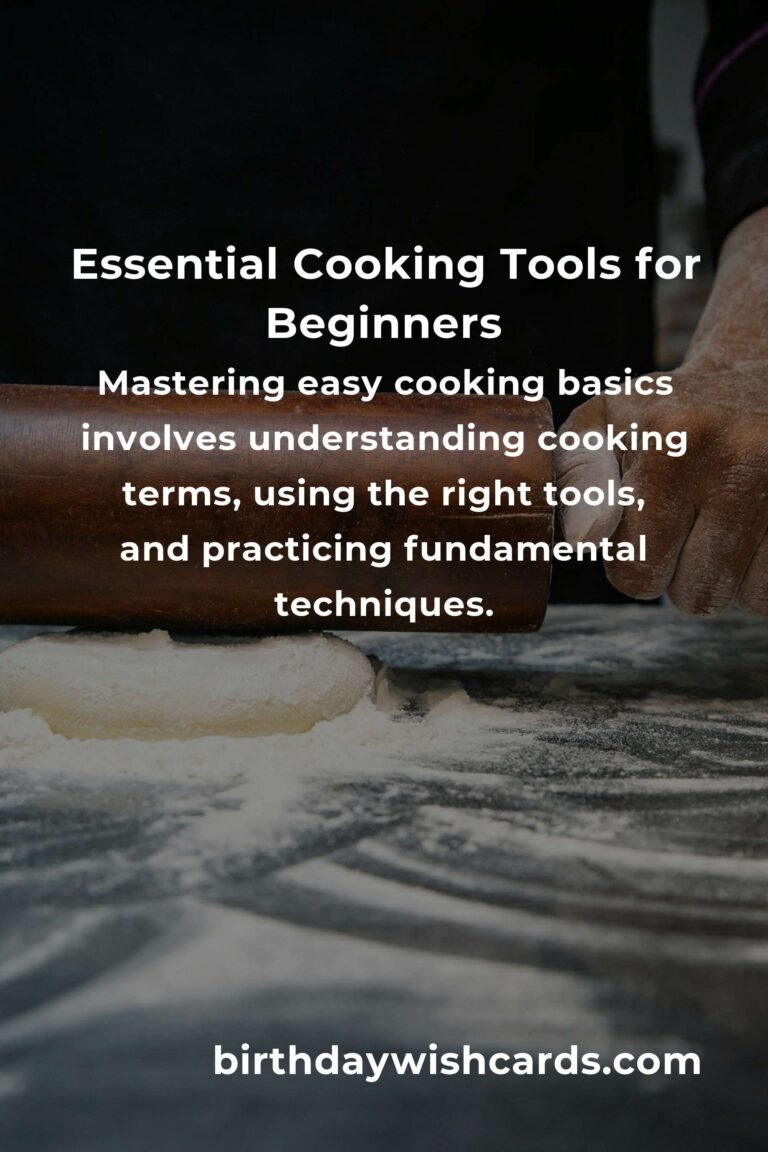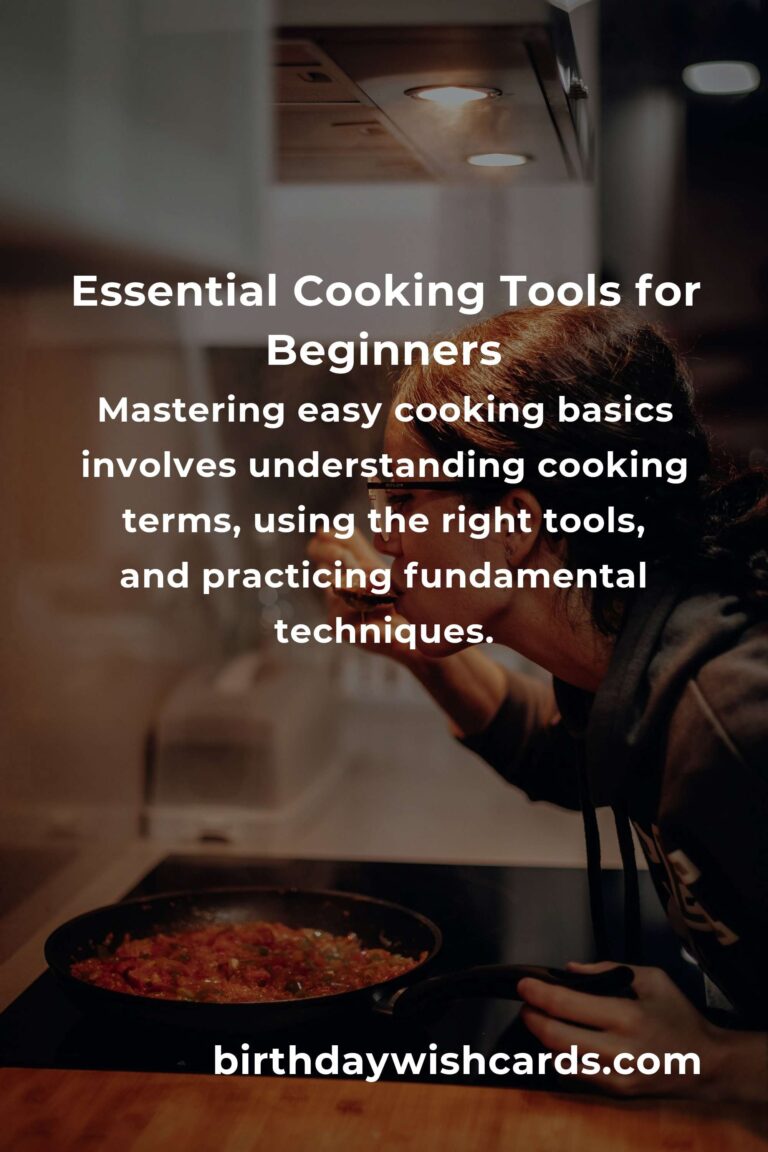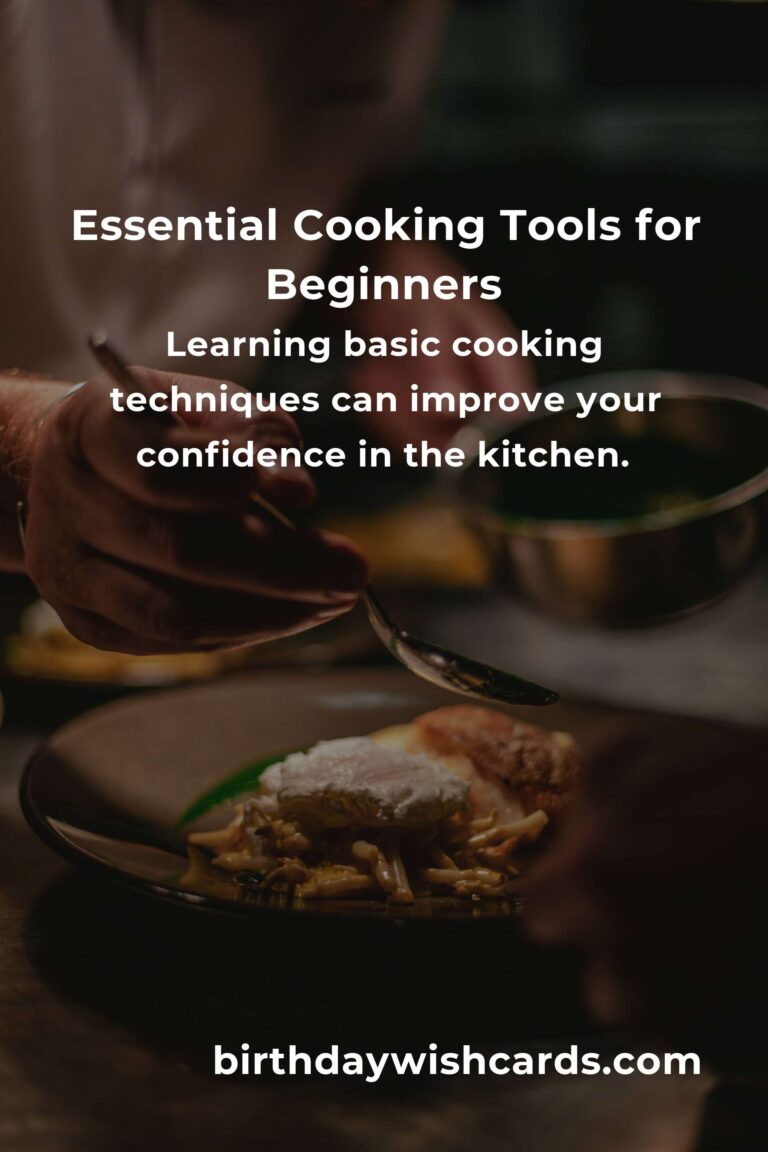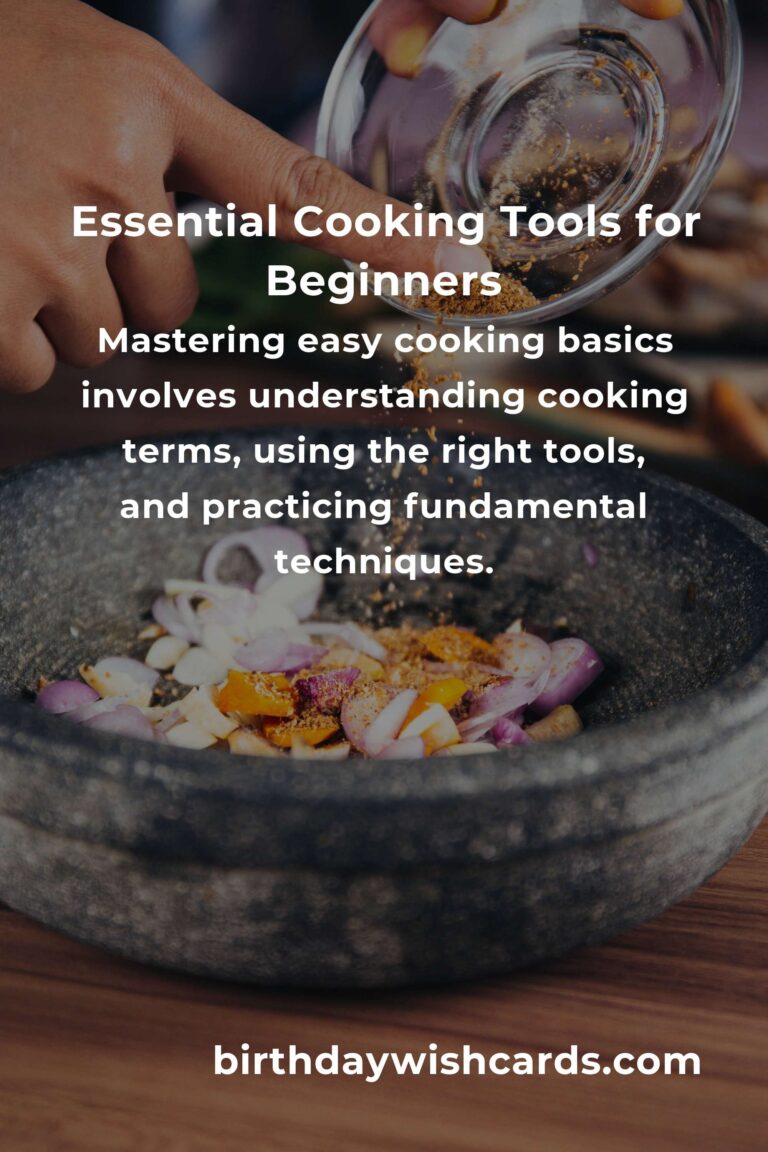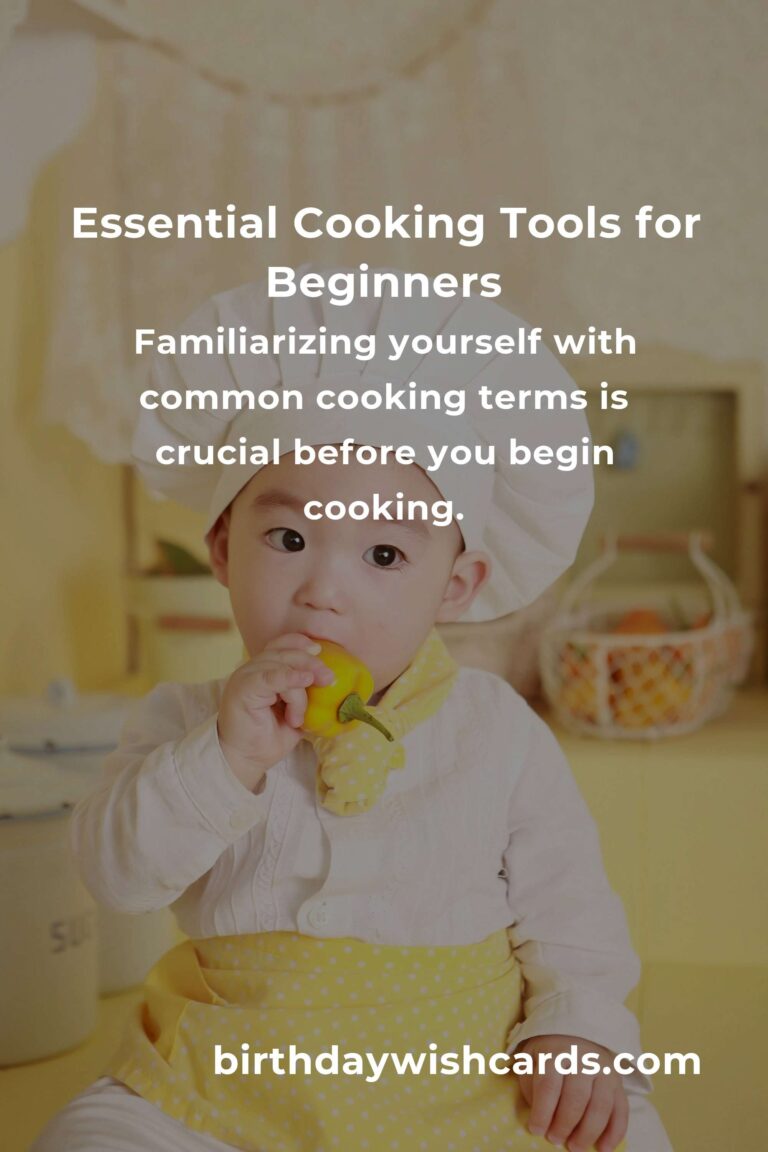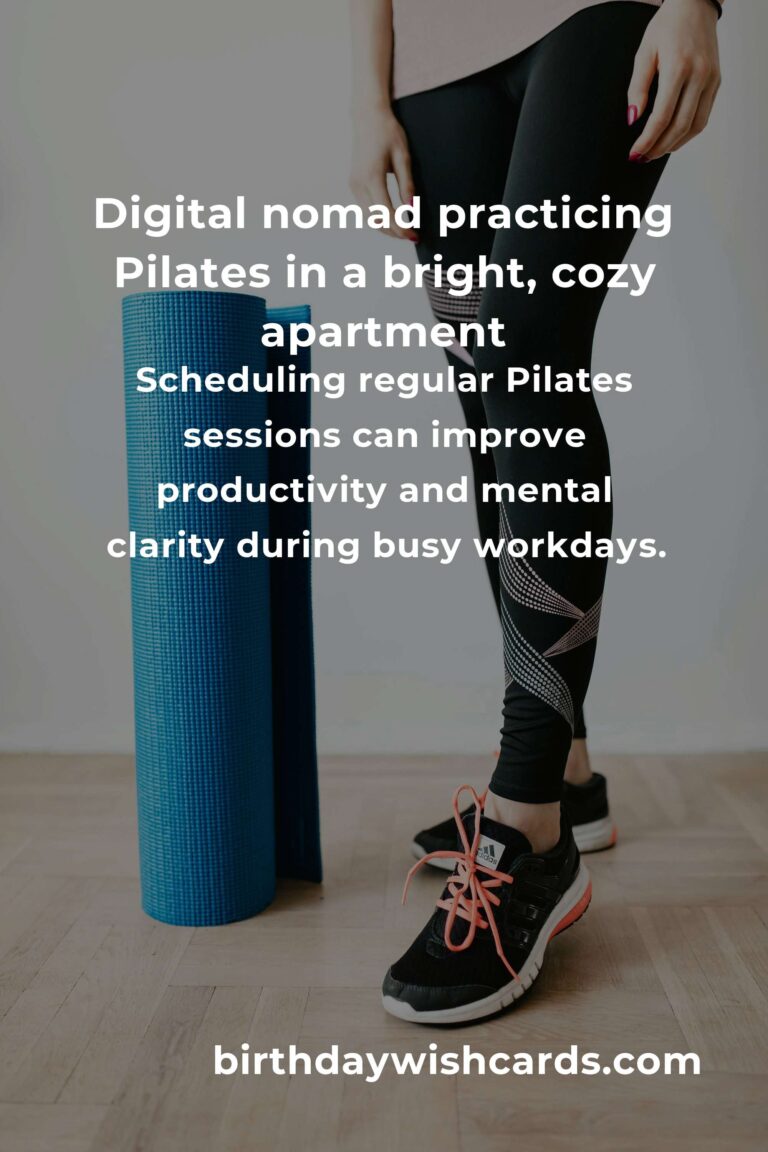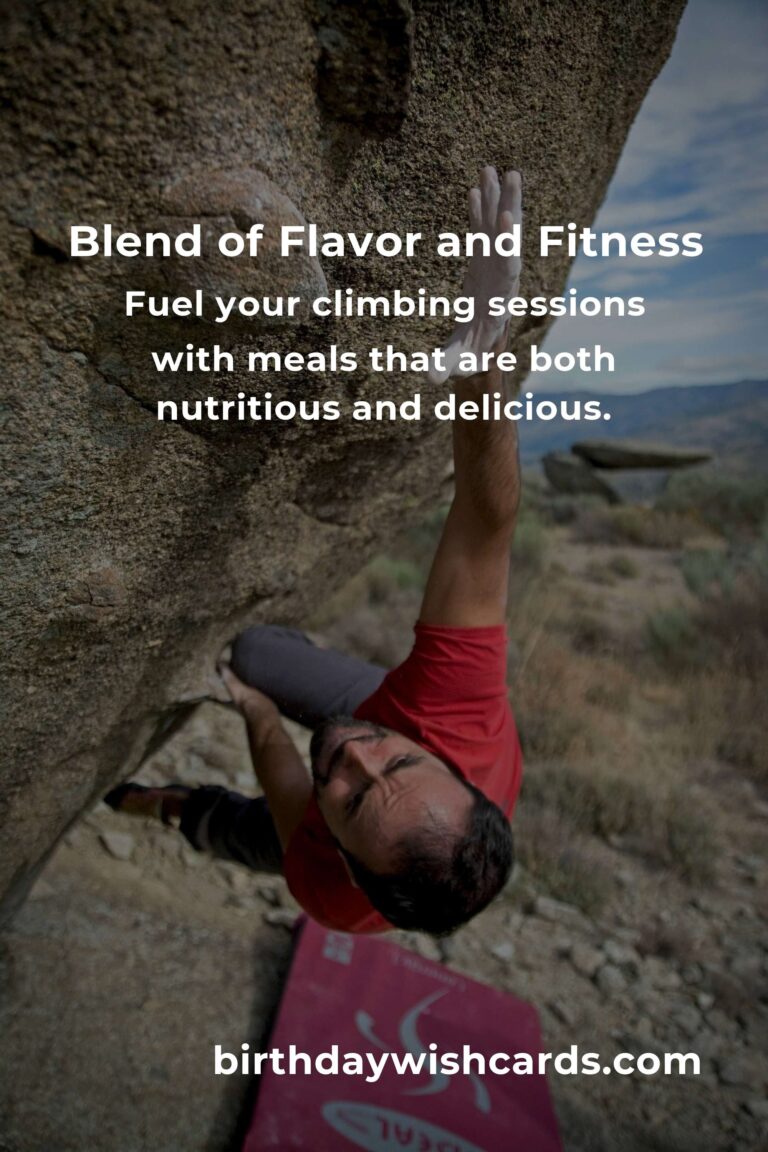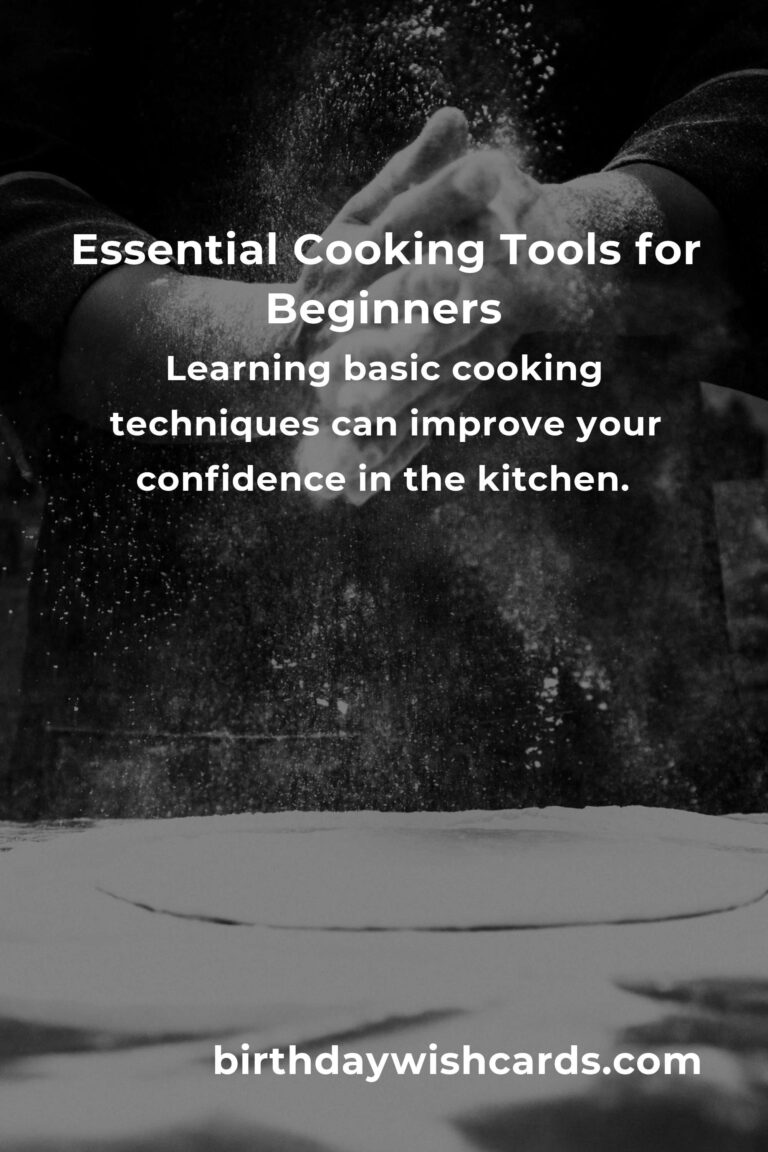
Cooking is an essential life skill that can enhance your health, save money, and provide a sense of accomplishment. For beginners, diving into the world of cooking can seem daunting, but with the right guidance, anyone can become proficient in the kitchen. This guide will walk you through the fundamentals of easy cooking basics, providing you with the knowledge you need to start your culinary journey.
Understanding Cooking Terms
Before you begin cooking, it’s crucial to familiarize yourself with common cooking terms. These terms are often found in recipes and can help you understand what each step requires. Some basic terms include:
- Sauté: Cooking food quickly in a small amount of oil over medium-high heat.
- Simmer: Cooking food gently in liquid at a low temperature, just below boiling.
- Boil: Heating a liquid until it reaches a temperature where it bubbles and turns to vapor.
- Bake: Cooking food by surrounding it with dry heat in an oven.
Essential Kitchen Tools
Having the right tools can make cooking easier and more efficient. Here are some essential kitchen tools every beginner should have:
- Chef’s Knife: A versatile knife used for chopping, slicing, and dicing.
- Cutting Board: A surface for chopping ingredients. Wooden or plastic boards are best.
- Measuring Cups and Spoons: Essential for accurately measuring ingredients.
- Mixing Bowls: Used for combining ingredients. It’s helpful to have bowls in various sizes.
- Cooking Utensils: Such as spatulas, tongs, and wooden spoons.
Basic Cooking Techniques
Learning a few basic cooking techniques can improve your confidence in the kitchen. These techniques form the foundation of most recipes you’ll encounter:
- Chopping: Cutting ingredients into smaller pieces. Practice makes perfect, so don’t rush this process.
- Sautéing: This technique is used to cook vegetables or proteins quickly, enhancing their flavors.
- Boiling and Simmering: Perfect for cooking pasta, rice, and stews. Make sure to monitor the heat to maintain the right temperature.
- Baking: An essential technique for making bread, desserts, and casseroles. Always preheat your oven for the best results.
Simple Recipes to Start With
Now that you’re familiar with the basics, it’s time to put your skills to the test. Here are a few simple recipes that are perfect for beginners:
1. Spaghetti Aglio e Olio
This classic Italian dish is both simple and delicious. All you need is spaghetti, garlic, olive oil, and red pepper flakes. Cook the spaghetti according to package instructions, sauté sliced garlic in olive oil, then toss the pasta with the oil and garlic mixture, adding red pepper flakes to taste.
2. Vegetable Stir-Fry
Stir-frying is a quick way to prepare vegetables while maintaining their nutrients. Use any vegetables you like, such as bell peppers, broccoli, and carrots. Sauté them in a bit of oil, add soy sauce, and serve over rice or noodles.
3. Basic Omelette
Omelettes are a versatile breakfast option. Beat eggs, pour them into a hot, greased pan, and cook until the edges start to set. Add fillings like cheese, ham, or vegetables, fold the omelette, and serve.
Conclusion
Mastering easy cooking basics involves understanding cooking terms, using the right tools, and practicing fundamental techniques. By starting with simple recipes, you’ll build your confidence and skills, paving the way for more complex dishes in the future. Remember, practice makes perfect, and the more you cook, the better you’ll become.
Cooking is an essential life skill that can enhance your health, save money, and provide a sense of accomplishment. Familiarizing yourself with common cooking terms is crucial before you begin cooking. Having the right kitchen tools can make cooking easier and more efficient. Learning basic cooking techniques can improve your confidence in the kitchen. Mastering easy cooking basics involves understanding cooking terms, using the right tools, and practicing fundamental techniques.
#Cooking #Basics #BeginnerCooking #KitchenSkills


